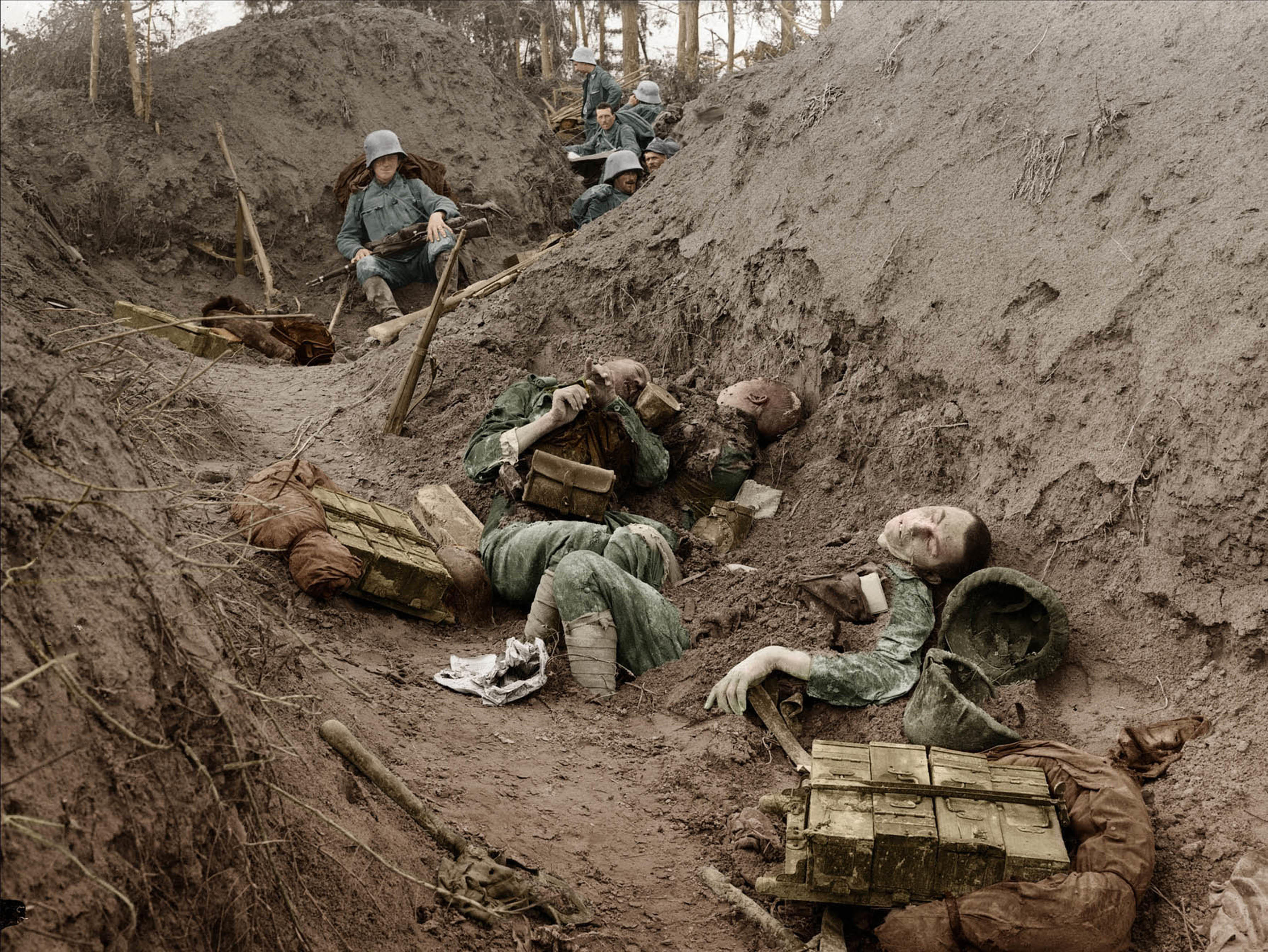
- Free Article: No
- Contents Category: History
- Review Article: Yes
- Article Title: Swallowing up the weaker
- Article Subtitle: Politics by other means
- Online Only: No
- Custom Highlight Text:
Writing in the eighteenth century, Jean-Jacques Rousseau argued that the life of a king was made up of two objects: to extend his rule beyond the frontiers; and to make it more absolute within them. Reading those lines, I couldn’t help but think of Vladimir Putin, whose primary political goals seem to mirror those of absolutist monarchs. Rousseau was implying that war was an instrument wielded by capricious princes to serve their own interests. Not long after Rousseau, Antoine-Henri Jomini was the first military strategist to unpack the idea that war is the continuation of politics by other means. Many politicians and military strategists throughout the nineteenth and into the twentieth century agreed, whether democrats, fascists, or communists. General Ludendorff, Marshal Shaposhnikov, and Mao Zedong all came to the same conclusion: war and politics – one and the same thing.
- Article Hero Image (920px wide):

- Article Hero Image Caption: A trench during World War I (Dom Slike/Alamy)
- Featured Image (400px * 250px):

- Alt Tag (Featured Image): Philip Dwyer reviews 'War: A genealogy of Western ideas and practices' by Beatrice Heuser
- Book 1 Title: War
- Book 1 Subtitle: A genealogy of Western ideas and practices
- Book 1 Biblio: Oxford University Press, £35 hb, 444 pp
- Book 1 Cover Small (400 x 600):

- Book 1 Cover (800 x 1200):

Beatrice Heuser, a professor of International Relations at the University of Glasgow, has written an overview of three thousand years of ‘Western’ ideas and Western practices of war. The word Western is in inverted commas because Heuser also includes the larger Middle East. She examines many of the key texts, all fundamental to understanding changing attitudes and ideas about warfare through the ages, from the Bible and the Iliad through to Carl von Clausewitz (about whom Heuser has written before). After a short typological survey of enduring and recurring patterns in Western warfare, we get chapters on the ethical, political, and legal concepts of war; on the drivers of war; on the notion of ‘just war’; on why countries go to war and their aims; reflections on who fights and who the enemy is; the traditional and legal constraints on war, and the rules surrounding the practice of war. Heuser presents the reader with an astonishing amalgam of insights into ideas around warfare.
If there are a number of universalist principles, it is also obvious that the conceptualisation and the practice of war have changed over time, constantly recast to meet differing strategic and geopolitical requirements. We thus see incremental attempts over the centuries, to focus only on one aspect of warfare, to alleviate the suffering of non-combatants. For thousands of years, when war was waged, civilians invariably suffered the most; they were killed, enslaved, raped, driven out of their homes, and often stripped of all they owned so that they starved to death. It was only from the late medieval period on that élites began to question the morality of targeting civilians, and really only in the past two hundred years or so that human rights have been articulated in such a way as to prevent civilians being the target in warfare.
The problem is that, as we have recently seen in Ukraine, war is conducted by people, and the in-principle humanitarian gains made by one generation can be lost by another. This illustrates the disconnect that often exists between ideas on warfare, even those that have become embedded in international law, and what happens on the ground. Nor has warfare necessarily diminished (an ongoing debate among historians and political scientists). Despite the humanitarian gains that might have been won since the end of World War II, the causes of civil wars have not disappeared, which means that people flee to save their lives. The UNHCR estimates that by the end of 2021 almost ninety million people had been forced to flee their homes. Tens of millions were displaced internally, but around twenty-seven million were refugees.
The refugee crisis is one of the reasons the vast majority of people in the world today would argue war is a bad thing, but this is a relatively recent development. For most of Western history, war has been considered a good thing – good for the men fighting it, and good for society and civilisation as a whole. In the nineteenth century, this idea developed into an ideology – Social Darwinism – the concept that war is good in absolute terms because it strengthens the character of the people pursuing it, shaking them out of the complacency that supposedly comes from long periods of peace. Warfare cleansed and even healed society. If it were not for conflict, humans would still be scratching around in caves. This kind of thinking cut across European societies but was especially strong in countries like France and Germany, where militarism had a long tradition. The idea that war is good has not entirely died out. We still find contemporary thinkers – Edward Luttwak and Colin Gray among them – arguing that we should ‘give war a chance’.
This is a demanding book, so I can’t recommend it to the general reader. A much more accessible book on warfare is Margaret MacMillan’s War: How conflict shaped us (which Rémy Davison reviewed in the April 2021 issue of ABR). Heuser’s work is something that students and academics interested in war would use as a reference, possibly even something that politicians and their staff might consult to get a broader perspective on some of the things going on in the world today, dipping into the book for lessons on a particular topic.
At the end of the book, after telling us that warfare in the future will evolve into something entirely different, Heuser reflects on whether war might one day be abolished. It was certainly the hope of an array of theorists and practitioners from the fourteenth century through to the founders of the League of Nations, the United Nations, and the European Union. It is true that enormous strides have been made in that direction, but I fear that with the development of air and sea drones, cyberattacks, and military robots, we still have some way to go.


Comments powered by CComment